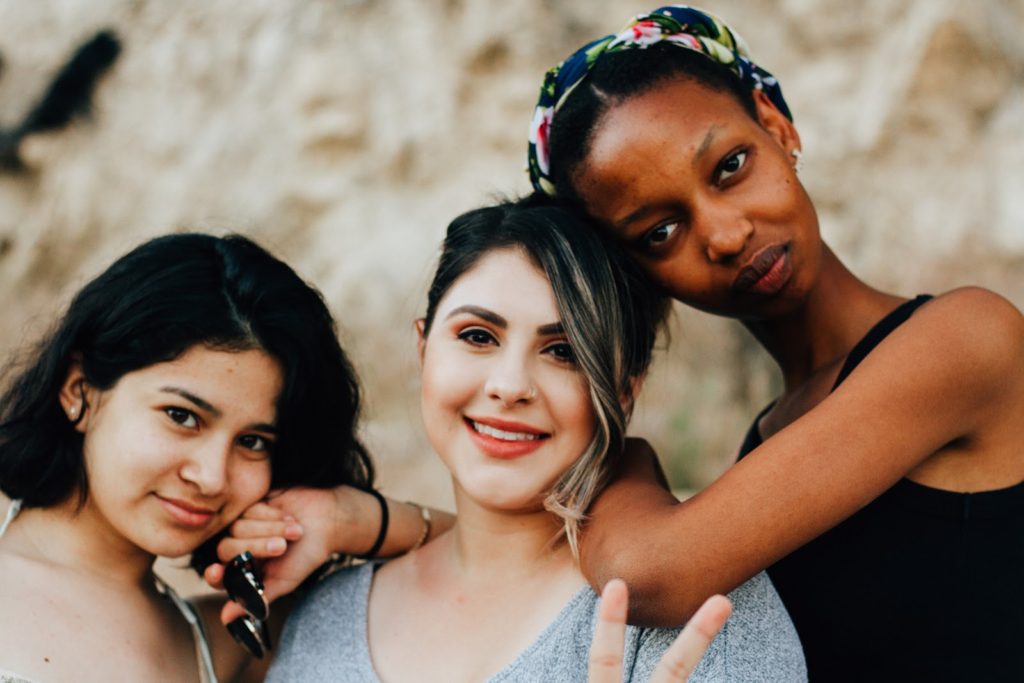“There is no greater agony than bearing an untold story inside you.”
– Maya Angelou
Coming from a minority group, it can be difficult to get yourself to walk through a therapist’s door. In a time where mental health is becoming a common dinner table topic and often discussed in mainstream media, diverse women still feel left out. Contrary to the stigmas surrounding mental health in our communities, therapy is for everyone – even for women of color.
Attitudes surrounding mental health in the Asian community are adversely negative. Breaking the Silence: A Study of Depression Among Asian American Women, a study sponsored by The National Asian Women’s Health Organization (NAWHO), discovered deep-rooted issues stemming from societal pressures. Asian women suffer a loss of control over their life decisions because of conflicting cultural values. They also feel a sense of responsibility and blame if unable to meet unrealistic expectations that are set by their families and respective society. This is an instrumental reason for severely low self-esteem seen among Asian women. Many Asian women have also witnessed signs of depression in their families but have been taught to remain silent on such topics.

A similar trend can be found in other minority communities. African Americans are 20 percent more likely to develop serious mental health problems than the general population, as cited by the Health and Human Services Office of Minority Health. They are also more likely to encounter acts of violence and homelessness, which in turn, increases the chances of major depression, posttraumatic stress disorder (PTSD), and suicide. Add that in with your regular doses of racism, inequality, workplace microaggressions, and police violence – it’s a recipe for mental health issues.
Regardless of all these factors, women of color continue to be the least likely to seek professional help.
Many of us grew up being told that depression and anxiety are not “real problems.” Or that we aren’t praying hard enough. Or maybe we are afraid of seeking help because we don’t want to be seen as weak. Maya Angelou’s wise words remind us that there is an untold story inside all of us – each unique and worthy of being told. For all that it’s worth, women of color deserve professional help just as much as any other person who is hurting, if not more. By normalizing therapy, it is our duty to break the harmful cycle of failing to seek help when we need it most.
We Rise Therapy + Wellness are here to break the mental health stigma, rise above cultural challenges, and help you be the best version of yourself. The first step to healing is here. Contact us to learn more about trauma therapy.



Comments are closed.